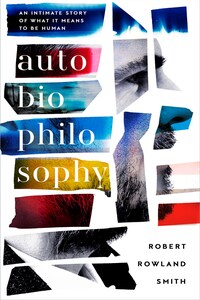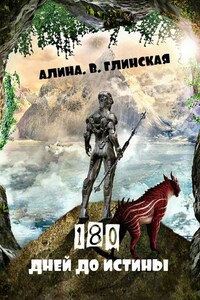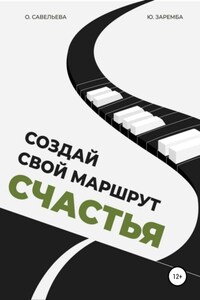AutoBioPhilosophy: An intimate story of what it means to be human

AutoBioPhilosophy is an astonishingly frank and original autobiography that explores the fundamental question of what it means to be human.Robert Rowland Smith’s life story involves a love triangle, office politics, police raids, illegal drugs, the academic elite and a near-death experience. It sees him grappling with the tragic fate of his father, going through a double divorce and encountering a living divinity. We witness him confronting his demons but also looking out for angels.A former Oxford don, Robert uses these deeply personal experiences to generate philosophical insights that will resonate with everybody. What are the recurring patterns, unconscious motives and social forces that govern our behaviour? Through his experiences, and referencing writers from Shakespeare to Freud, he offers new models and ways into human psychology.As we are led into Robert’s private world, we gain an understanding of what it means to be human that is relevant to all.







